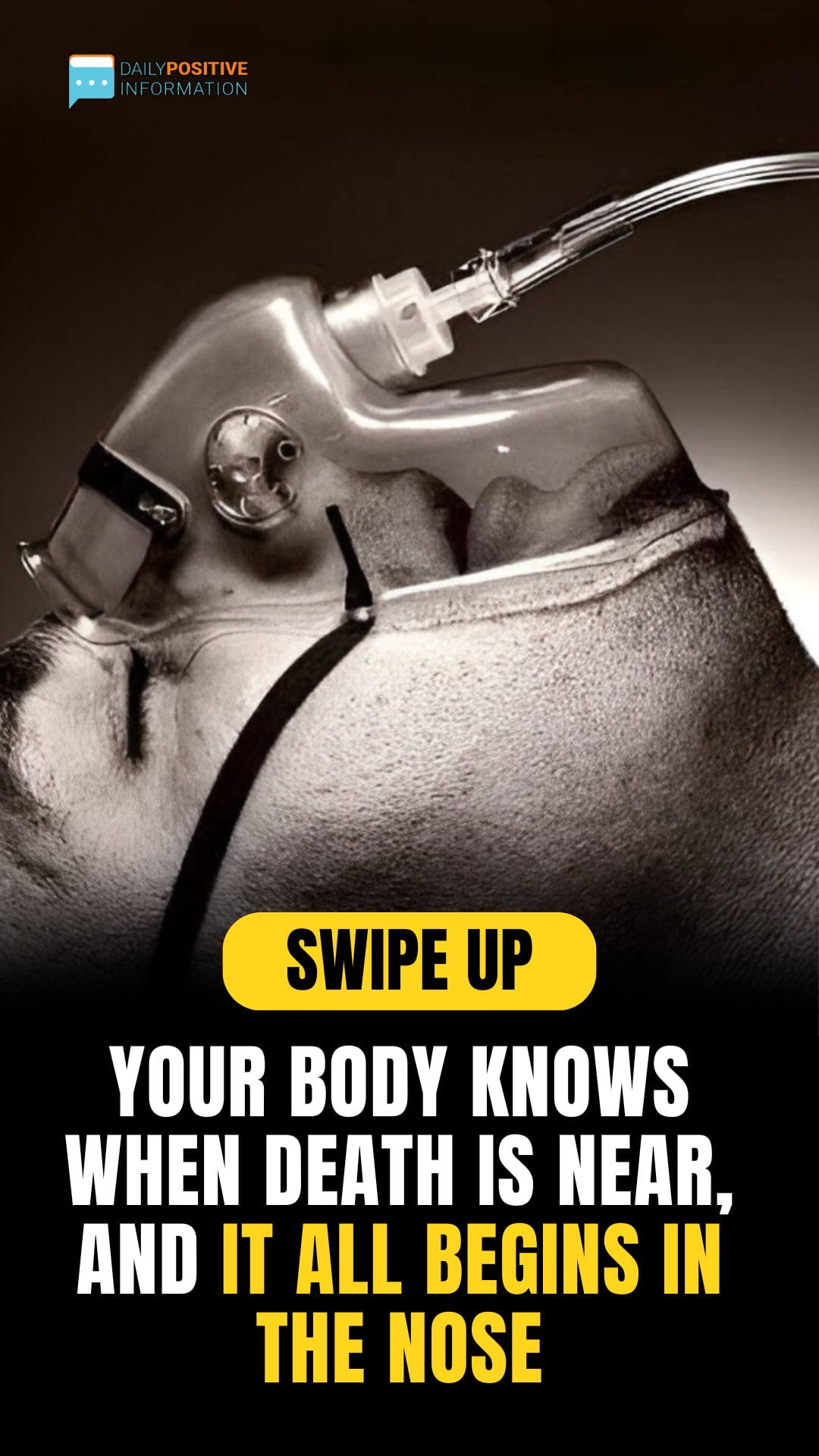
How Our Bodies Sense Death: What Science Says
Losing someone close is deeply painful, often raising the haunting question: Can we sense when death is near? Emerging research suggests the answer may be yes — at least on a subconscious level.
🧠 The Smell of Death: Putrescine and Human Instincts
When the body begins to decompose, it releases a chemical called putrescine — known for its sharp, unpleasant odor. Although most people don’t recognize the smell consciously, studies reveal we instinctively respond to it.
Researchers Arnaud Wisman (University of Kent) and Ilan Shira (Arkansas Tech University) discovered that humans, like animals, subconsciously detect putrescine. Participants exposed to the scent automatically moved away, demonstrating an ancient survival mechanism similar to the fight-or-flight response.
💦 Fear and Scent: A Silent Language
Scent plays a powerful role in communication. Just as sex pheromones can attract, fear-based sweat has been shown to trigger alarm and vigilance in others. These reactions are often unconscious — driven by the brain’s primal instincts.
🧬 Final Thought
While we may not realize it, our bodies are constantly reading invisible cues. In moments surrounding life and death, scent becomes a silent signal, warning us of danger — and proving that human instinct runs deeper than we think.





